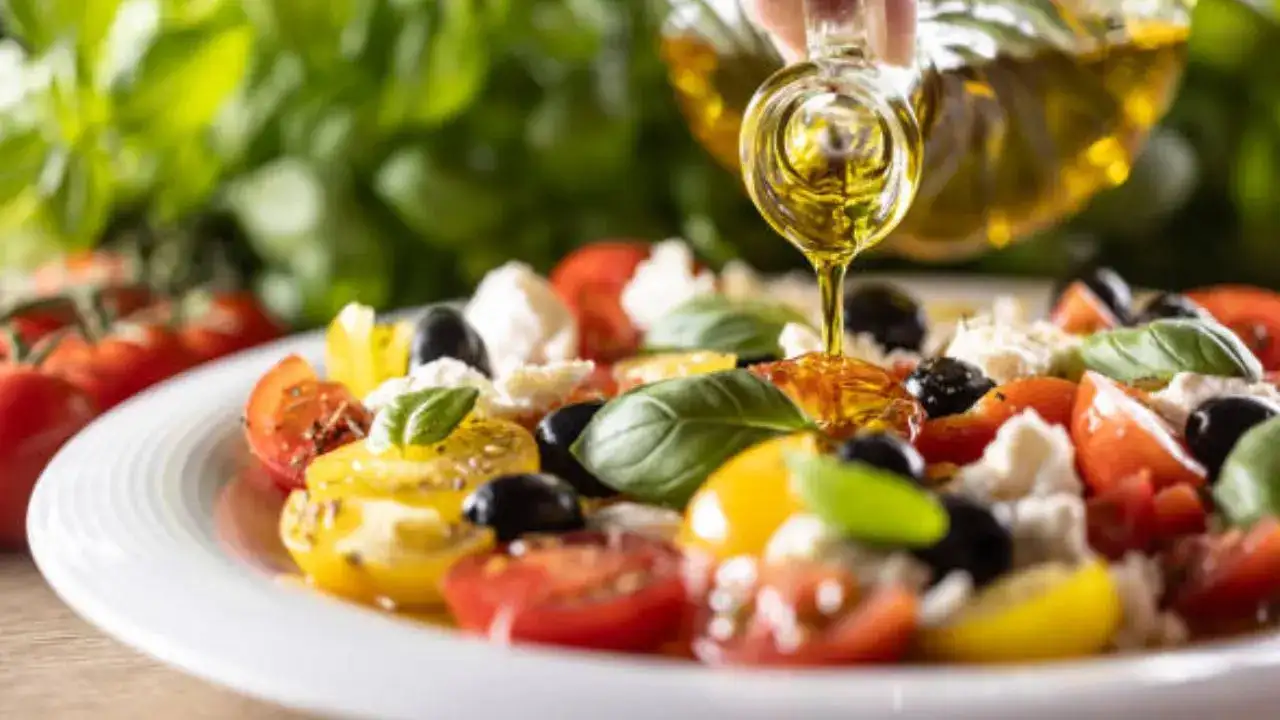
Postmenopausal Women, Take Note! This Plant-Based Diet Could Protect You From Breast Cancer (Image Credits: iStock)
A new study conducted in Iran reveals that eating a healthy plant-based diet may significantly reduce the risk of breast cancer in women, especially after menopause. Published in the Journal of Health, Population, and Nutrition, the study explains how the quality of plant-based foods—not just going vegetarian—can play a major role in cancer prevention.
Breast Cancer Still the Most Common Among Women
Breast cancer remains the most diagnosed cancer in women worldwide, with over two million new cases every year. While some risk factors like age, genetics, and reproductive history cannot be changed, lifestyle factors such as diet, smoking, alcohol use, and weight are considered modifiable and can have a big impact on cancer risk.
Why Diet Matters in Breast Cancer Prevention
Changing eating habits is one of the most effective ways to lower the risk of breast cancer. Diets like the Mediterranean and DASH (Dietary Approaches to Stop Hypertension) have already shown protective effects. These diets include lots of fruits, vegetables, whole grains, and healthy fats while limiting processed foods and red meats. The new Iranian study builds on this knowledge by zooming in on how healthy versus unhealthy plant-based foods affect breast cancer risk.
The Study: A Closer Look at Plant-Based Diet Quality
Researchers studied the diets of 398 Iranian women—133 who had breast cancer and 265 who did not. Using a detailed food questionnaire, they assessed how closely each woman’s diet matched three plant-based diet indexes:
PDI (Plant-Based Diet Index): Overall intake of plant vs. animal foods
Foods were grouped into three categories: animal-based, unhealthy plant-based, and healthy plant-based. Higher scores on each index showed stronger adherence to that diet type.
Key Findings: A Healthier Diet, A Lower Risk
Women who followed a healthier plant-based diet had up to 50 per cent lower odds of developing breast cancer compared to those with poor-quality diets. The protective effect was especially strong among postmenopausal women. On the other hand, younger women who ate more refined carbs and sugary plant-based foods had an increased risk of breast cancer.
The researchers found that women who consumed more healthy plant-based foods also tended to have lower BMIs (body mass index), which is another factor tied to a lower risk of breast cancer.
What Makes a Plant-Based Diet "Healthy"?
Not all vegetarian or plant-based diets are created equal. Just cutting out meat isn’t enough. A healthy plant-based diet includes:
Vegetables and fruits rich in antioxidants, fibre, and vitamins
These foods have anti-inflammatory and antioxidant properties that may help protect cells from becoming cancerous. They also improve digestion, regulate hormones, and help with weight control.
Limitations Of The Study
While the study offers strong insights, it also has a few limitations. It did not account for the type of breast cancer (such as whether tumours were hormone-receptor-positive or negative), which could affect how diet interacts with cancer risk. Also, food intake was self-reported, which may not always be accurate, and the sample size was relatively small.
Still, the researchers say the findings point to the need for more studies that include hormone status and menopausal stage for a clearer understanding.
This study shows that it’s not just about eating plant-based, but about eating well-balanced, nutrient-rich plant-based foods. Especially for women over 50, sticking to a clean, wholesome diet full of vegetables, fruits, legumes, and whole grains could be a powerful step in protecting against breast cancer.
If you’re looking for ways to lower your cancer risk, now might be the time to skip that extra serving of white rice or packaged snack and reach for something fresh, fibre-rich, and full of colour.
Get Latest News Live on Times Now along with Breaking News and Top Headlines from Health and around the world.
